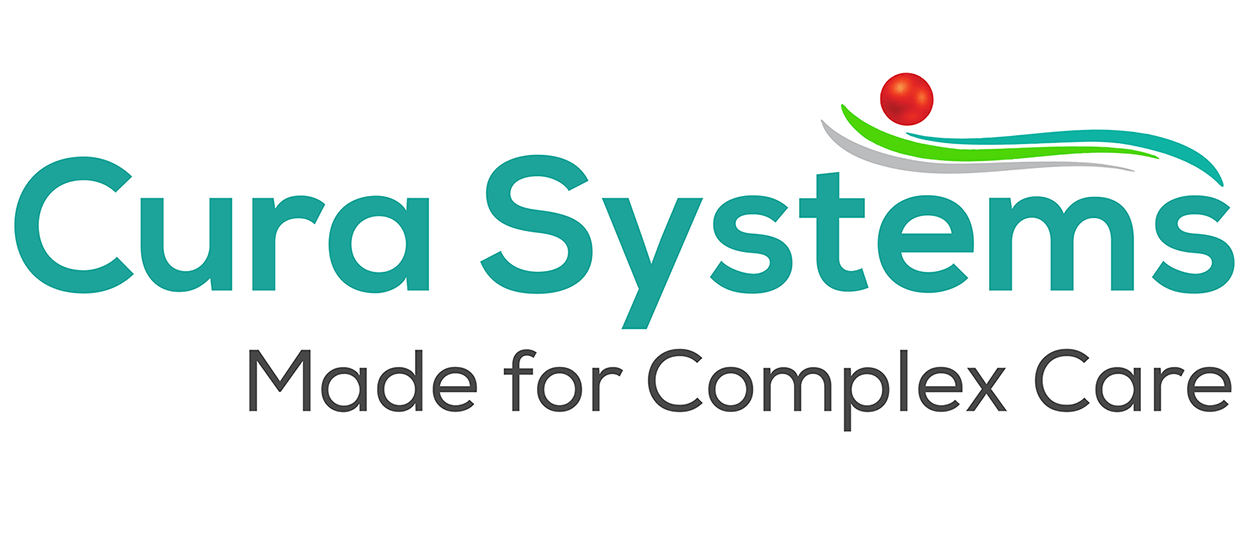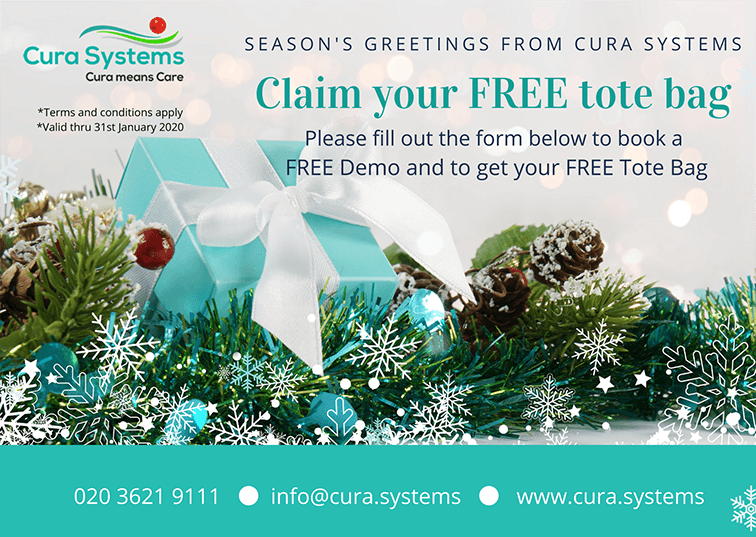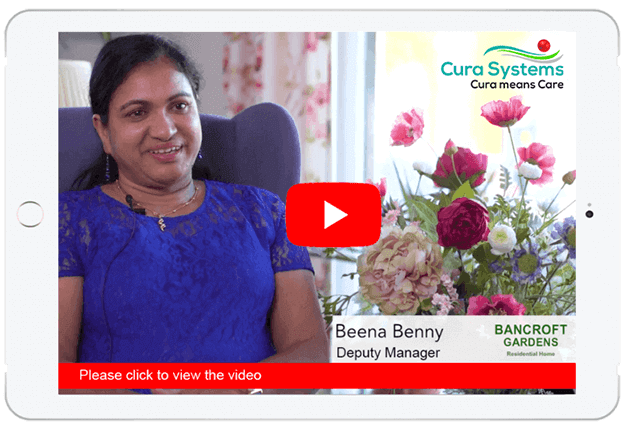Findings from the CQC’s initial programme of comprehensive inspections in adult social care published as ‘The state of adult social care services 2014 to 2017’ showed what the sector can learn. A key theme that shone through in terms of high-quality services was a clear focus on person-centred care. Staffs really get to know people as people, understanding their interests, likes and dislikes. Always bearing in the forefront of their mind, would I want this for my Mum?
Andrea Sutcliffe, chief inspector of adult social care for the CQC has continually urged health and social care providers to embrace innovative digital technologies to improve care delivery.
Although the CQC’s previous response to the adoption of technology during an inspection was down to that inspector’s personal views, they have made visionary moves in the recent revamp of the KLOEs to ensure care technology use is consistently reported on.
CQC Compliance: 5 Key Lines of Enquiry (KLOE)
If all care providers were transparent enough to give the CQC inspectors their own login access to their care agency systems they could (subject to appropriate consents) carry out a preview that will shorten their review time and lead to a better outcome for the provider.
After reviewing the evolved key lines of enquiry, prompts and ratings characteristics for adult social care services in depth it is undeniable that care management technology features will support your quest for CQC compliance.
Friends and family members also love that with some of the care management system and mobile care monitoring applications they can send old photos of the resident through so the care workers can talk about their past life experiences, as well as reviewing the residents care plans as frequently as they wish. They can upload photos to keep their loved one informed of recent happenings to keep them involved.
Several of the new KLOE prompts even explicitly mention the use of effective technology. If you do not yet use technology within your care setting it’s worth considering embracing it. Even if you do have technology in place are you utilising it to its best? We would suggest booking in a meeting with your account manager to make sure you are getting the most and using all the modules effectively.
Any care management software you chose should have many modules that will comprehensively evidence that your care home is run safely and that the service responds immediately, as well as giving your residents choice.
CQC RESPONSIVE 1.6: How is technology used to support people to receive timely care and support? Is the technology (including telephone systems, call systems and online/digital services) easy to use?
When set up correctly and consistently to your brand of care – your system will alert you when your care delivery is falling behind and offer instant prompts for staff to remind them what personal preferences and background the resident has and how to do certain tasks safely and correctly.
EFFECTIVE 1.3: How is technology and equipment used to enhance the delivery of effective care and support, and to promote people’s independence?
Some care technology will allow you to build electronic care plans together with the resident. They are able to choose what activities they would like to do and what goals and outcomes they want to work towards and achieve. People are continually changing their tastes and nutritional needs and some systems cannot only help you plan meals with residents but also report on patterns and highlight allergies. If there are any conflicts from the medication administration module with food or drink this will also be flagged up.
WELL-LED 4.6: Are information technology systems used effectively to monitor and improve the quality of care?
WELL-LED 2.8: How does the service assure itself that it has robust arrangements (including appropriate internal and external validation) to ensure the security, availability, sharing and integrity of confidential data, and records and data management systems, in line with data security standards? Are lessons learned when there are data security breaches?
Cura is leading the way with an innovative NEWS (National Early Warning Signs) score feature where critical actions are predicted, alerted and monitored. No other care system in the marketing currently has this functionality. Cura is also the first care management software to be fully GDPR compliant in line with the IG toolkit to ensure all the personal data you have on residents and staff is safe from malicious threat.
Everyone wants to be validated with an outstanding certification for all the effort and compassion put into creating and consistently delivering a person-centred care operation. After reviewing the KLOEs in some depth here are the take always to achieve outstanding for each line of investigation.
To achieve outstanding for CQC SAFE:
There is a comprehensive ‘safety management system’. Innovation is encouraged to achieve sustained improvements in safety and continual reductions in harm. The service actively seeks out new technology and other solutions to make sure that people live with as few restrictions as possible. The service deals with issues of poor performance immediately and ensures staffs are supported to improve.
To achieve outstanding for CQC EFFECTIVE:
People are fully involved and help to plan their meals with staff, taking nutritional advice into account. Staffs are aware of people’s individual preferences and patterns of eating and drinking and there is flexibility when needed or requested.
To achieve outstanding for CQC CARING:
There is a strong, visible person-centred culture. The service ensures that staffs focus on building and maintaining open and honest relationships with people and their families, friends and other carers. There are creative ways of reflecting people’s personal histories and cultural backgrounds and the staffs are matched with people’s interests and personalities.
To achieve outstanding for CQC RESPONSIVE:
The service has an innovative approach to using technology. People are involved in decisions about how it is or could be used. There is a rapid response to people’s changing care needs and advice on care and support for people and carers at the times they need. Staff use innovative and individual ways of involving people and their family, friends and other carers in their care and support plans, so that they feel consulted, empowered, listened to and valued.
To achieve outstanding for CQC WELL-LED:
There is a rapid response to people’s changing care needs and advice on care and support for people and carers at the times they need. There is a strong framework of accountability to monitor performance and risk leading to the delivery of demonstrable quality improvements to the service.
Technology is clearly pushing the boundary towards better care and Cura System’s is proud to be at the forefront of this change.
We provide care homes with the comprehensive care management software, secure tools and support to achieve and evidence their CQC compliance and delivery of best of breed care.
We recommend you have a strategy meeting with everyone in your team to fully understand what they want from a care planning system. Create a wish list and do your research, Cura Systems employees have worked for many care planning system over the years and know many of the potential pitfalls, we can give you an unbiased check sheet to get you started. Just give us a call and reference this article. Our best advice is to see at least 3 care home software and have an actual trial and a play with it. If someone is trying to sell you a system from a PowerPoint presentation it usually means that part of the systems doesn’t work well or is merely just a concept.









